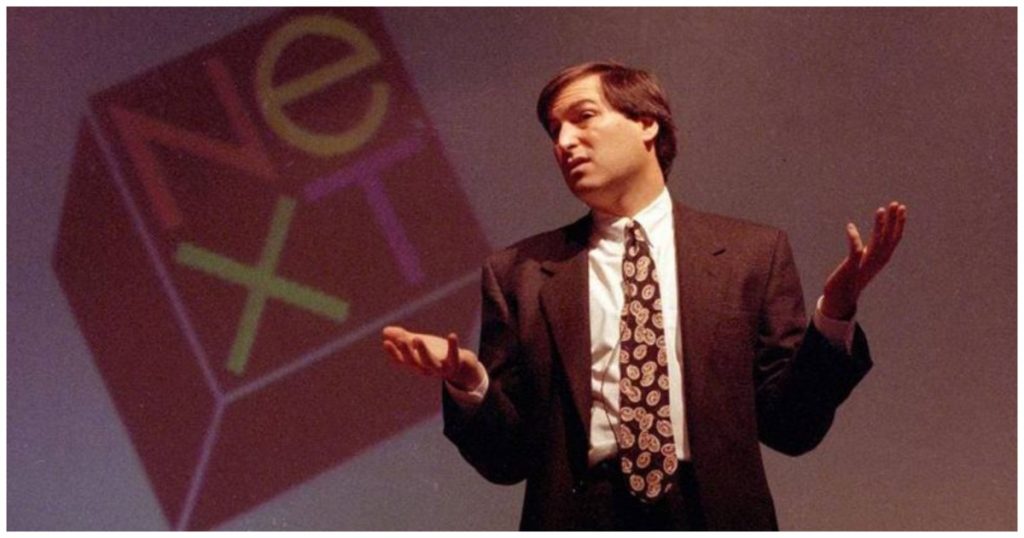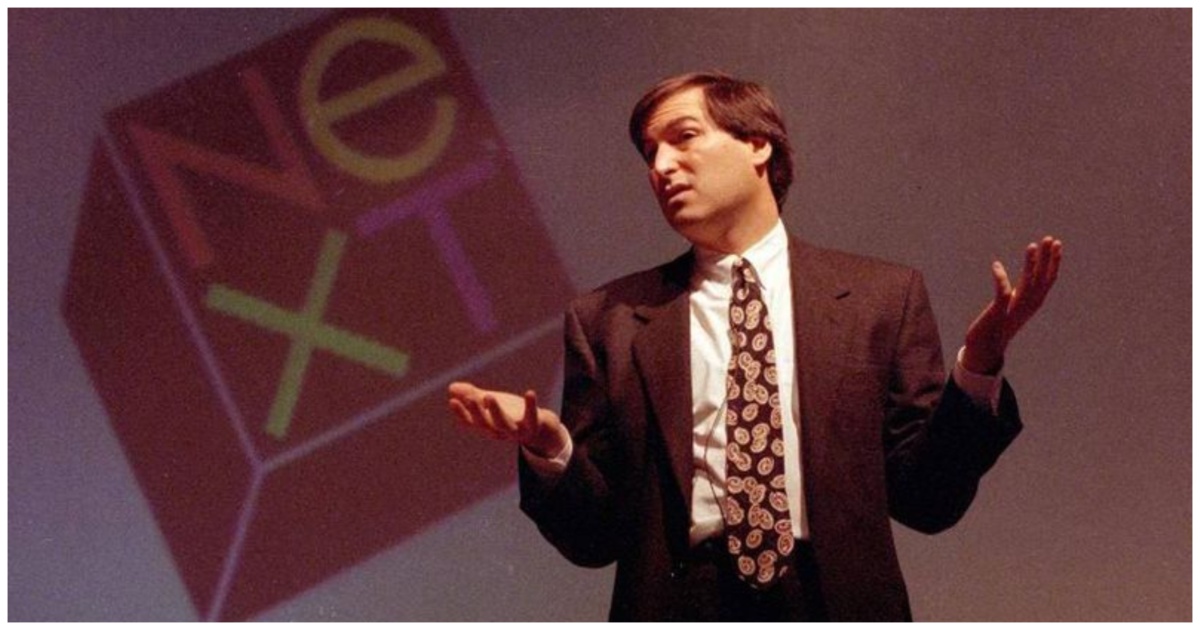There’s no shortage of company conflicts in the startup world — OpenAI’s ouster of its CEO had the startup ecosystem on tenterhooks for days, and prominent entrepreneurs including Travis Kalanick and Adam Neumann have been removed from the companies they founded. But when he was running NeXT, Steve Jobs had a pretty unconventional approach to conflict resolution.

Steve Jobs believed that conflicts at the highest levels of the organization should be resolved by the stakeholders talking with one another until they all agreed. “I’ve never believed in the theory that if we’re on the same management team and a decision has to be made, and I decide in a way that you don’t like, and I say, come on, buy into the decision. Buy into it (because) we’re all on the same team. Let’s go make it happen,” he’d once said.
Jobs hinted that while getting people who didn’t agree with a decision to buy into it solved the problem in the short term, it didn’t really help in the long term. “What happens is sooner or later is that you’re paying somebody to do what they think is right, but then you’re trying to get them to do what they think isn’t right, and sooner or later it outs, and you end up having that conflict. So I’ve always felt that the best way is to get everybody in a room and talk it through until you agree,” he says.
Jobs said that getting people to agree didn’t mean all employees in the company had to agree to every decision — he said that only the important stakeholders had to be on board. “That’s how we try to run NeXT. We have a team at the top we call the policy team. There’s eight people. And we have two things we try to do. One is we try to different differentiate between the really important decisions and the ones that we don’t have to make. We work on the the really important decisions till we all agree because we’re paying people to tell us what to do,” he added.
What Steve Jobs seemed to be hinting was that it was easy to resolve conflicts by simply asking people who didn’t quite agree to acquiesce for the good of the team — this manifests in companies with companies going through with HIPPO, or the HIghest Paid Person’s Opinion, or going with the opinions of those who’re relatively senior. But he said that that was the easy way out, and could lead to trouble — it was better to flesh out difficult decisions until everyone agreed. “You shouldn’t run off and do things if people don’t all feel good about them,” he said.
